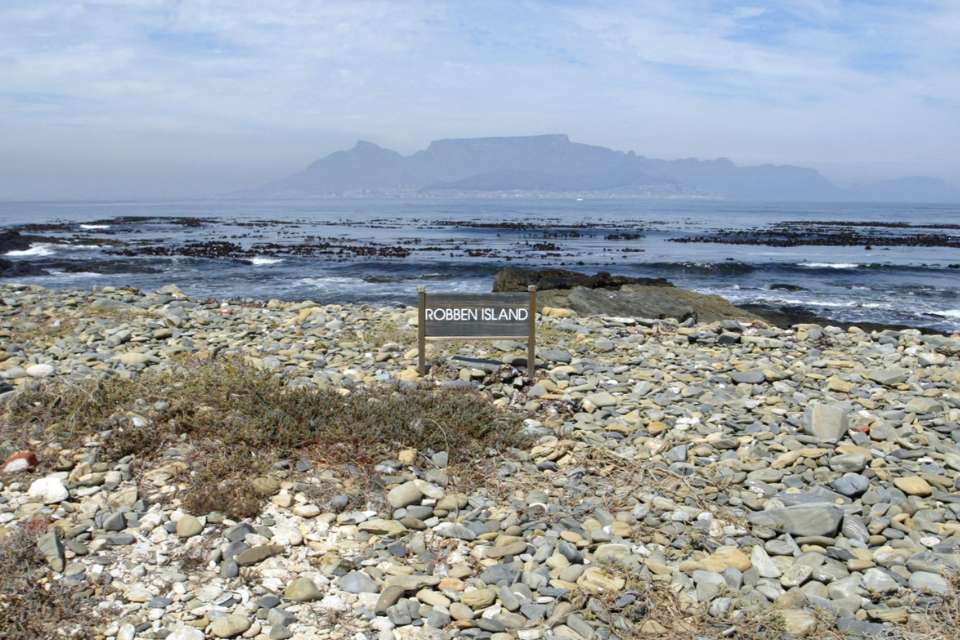Robben Island holds immense historical and cultural significance in South Africa. It has served as a prison, hospital, and military base throughout different periods, bearing witness to the triumph of democracy and freedom over oppression and racism.
Today, the island stands as a powerful symbol of the struggle against apartheid and the resilience of the human spirit.
Robben Island is a popular tourist destination, attracting visitors from around the world who come to learn about its rich history.
The island offers tours that provide a unique opportunity to explore its buildings, particularly the maximum security prison, and gain insight into the struggles endured by political prisoners during the apartheid era.
Key Takeaways:
- Robben Island is historically and culturally significant in South Africa.
- It has served various purposes throughout its history, including as a prison and military base.
- The island symbolizes the triumph of democracy and freedom over oppression and racism.
- Robben Island offers tours that showcase its rich history and the struggles of political prisoners.
- Visiting Robben Island provides a unique opportunity to learn about South Africa’s past and the fight against apartheid.
Nelson Mandela’s Imprisonment
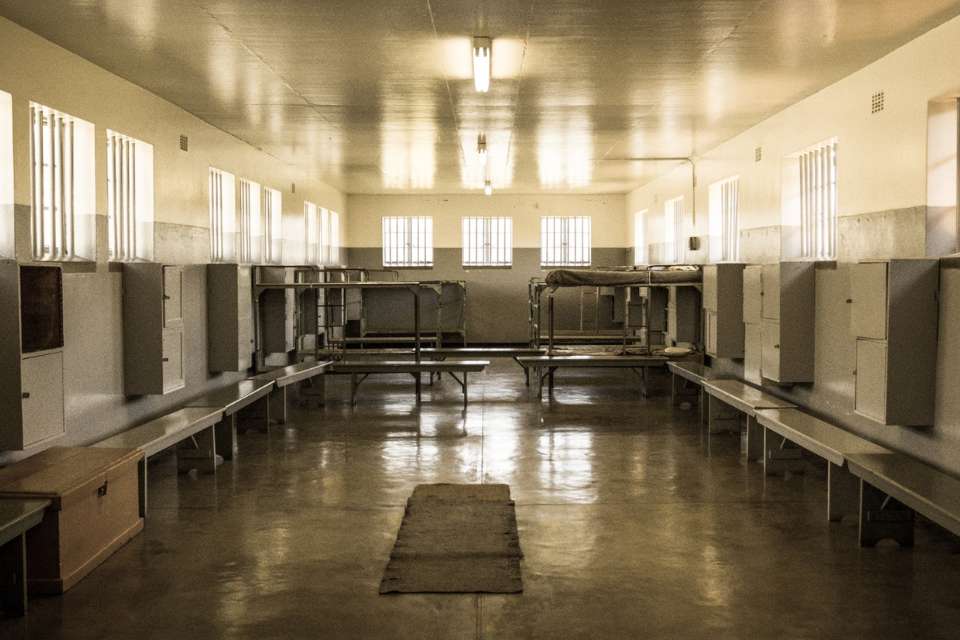
Robben Island is widely known as the place where Nelson Mandela, South Africa’s first black president, endured 18 years of his 27-year captivity. Mandela’s confinement on the island holds a profound political significance, representing the brutal oppression of the apartheid regime.
His resilience and unwavering dedication to the fight against injustice transformed Robben Island into an emblem of the struggle for freedom and equality.
However, Mandela was not the only political prisoner confined on Robben Island. Many others joined him, their presence amplifying the island’s role as a powerful symbol of resistance against apartheid.
The incarceration of these activists and leaders in the struggle against racial segregation further highlights the island’s historical importance within the context of South Africa’s apartheid history.
Robben Island’s UNESCO World Heritage Status

In 1999, Robben Island was declared a UNESCO World Heritage Site, recognizing its outstanding universal value and its significant role in world history.
The island’s buildings, which stand as solemn reminders of its tumultuous past, are revered as important cultural and historical landmarks. Being designated as a World Heritage Site underscores the importance of preserving and safeguarding Robben Island for future generations.
The Role of Robben Island in Apartheid History
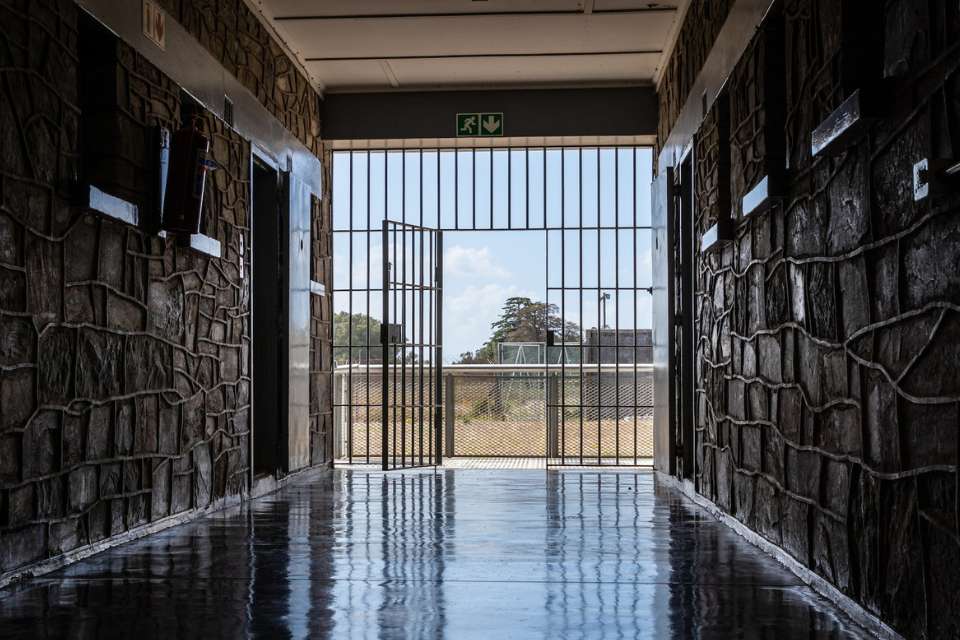
Robben Island played a crucial role in the apartheid history of South Africa. The island served as a prison primarily for black political prisoners who fought against the oppressive apartheid regime. The conditions on the island were harsh, with prisoners enduring physical and psychological abuse.
Robben Island became a symbol of resistance and solidarity, as the political prisoners organized and educated themselves during their time of incarceration. Despite the adversity they faced, these brave individuals stood firm in their fight for justice and equality.
The prison system on Robben Island represents the brutal enforcement of racial segregation and discrimination that characterized the apartheid era. It serves as a chilling reminder of the systemic oppression and inhumane treatment endured by those who dared to stand against the unjust regime.
The legacy of Robben Island and its role in apartheid history has left an indelible mark on South Africa. It serves as a powerful testament to the strength and resilience of the human spirit and the unwavering determination to overcome injustice.
The Robben Island Museum
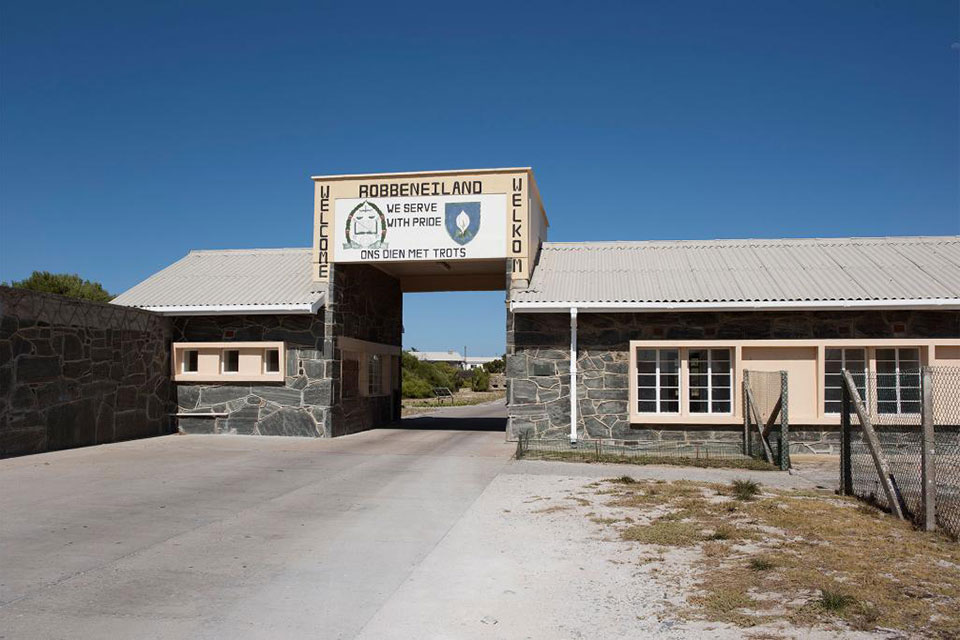
Robben Island, located off the coast of South Africa, is not only a historical site but also home to the renowned Robben Island Museum. Established in 1997, the museum serves as a memorial and educational institution, dedicated to preserving the history and heritage of the island.
Visitors to the Robben Island Museum have the opportunity to explore the prison complex and gain a deeper understanding of the struggles endured by the political prisoners who were held captive here.
The museum offers a sobering and informative experience, shedding light on the injustices of apartheid and the resilience of those who fought against it.
The exhibits within the museum provide a captivating insight into the lives of the prisoners and the conditions they faced during their incarceration. Personal stories and artifacts serve as powerful reminders of the injustices of the past and the triumph of the human spirit.
By visiting the Robben Island Museum, tourists and locals alike can gain a greater appreciation for the history and significance of the island.
The museum’s mission of education and preservation ensures that the struggles and sacrifices made by those who fought against apartheid will never be forgotten.
Robben Island’s Significance to South Africa
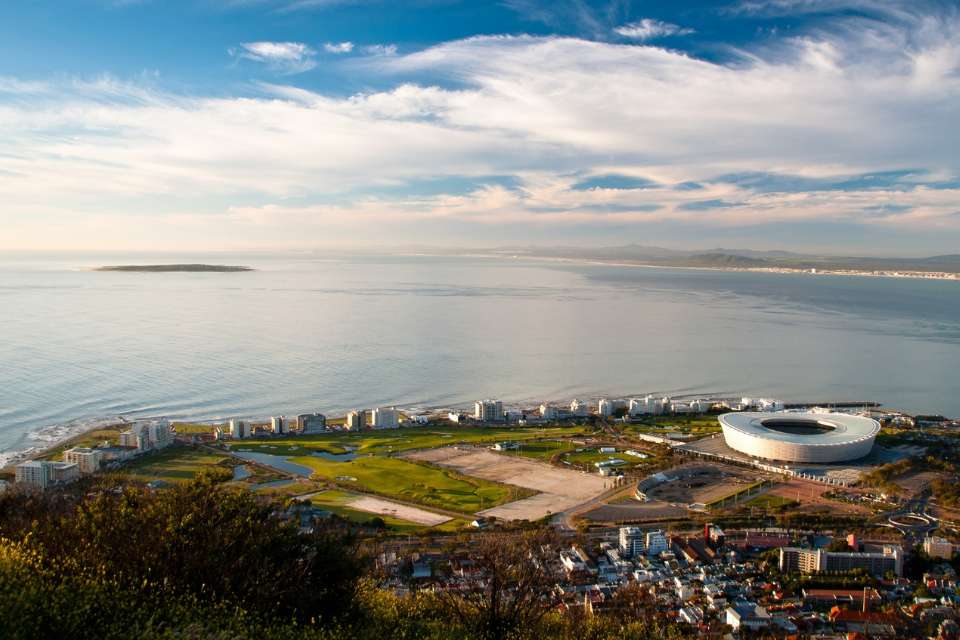
Robben Island holds immense significance to the people of South Africa. It serves as a powerful reminder of the dark chapters in the country’s history, specifically the oppressive apartheid regime and the relentless struggle for freedom and equality.
The island symbolizes the sacrifices made by countless individuals who fought against injustice and discrimination.
Robben Island stands as a symbol of hope and resilience, representing the ultimate triumph of democracy and human rights. As a former prison, it vividly portrays the brutal realities of the South African prison system during the apartheid era.
The conditions endured by political prisoners on the island highlight the extent of racial segregation and the relentless pursuit of freedom.
Today, Robben Island stands as an important historical and cultural landmark, preserving the memory of those who suffered and sacrificed for a better future.
It is a place where visitors can reflect on the significance of the struggle against apartheid and gain a deeper understanding of South Africa’s complex history.
Conclusion
Robben Island holds immense significance in South African history. As a place of imprisonment for political prisoners like Nelson Mandela, it stands as a powerful symbol of the struggle for freedom, justice, and equality.
The island’s designation as a UNESCO World Heritage Site further amplifies its importance as a historical and cultural landmark.
Today, the Robben Island Museum serves as a testament to the island’s past, educating visitors about the atrocities committed during the apartheid era and inspiring them to strive for a better future.
Through Robben Island tours, individuals have the unique opportunity to engage with this significant piece of South African history, ensuring its importance is never forgotten.
By exploring the island’s prison complex and gaining insight into the hardships endured by political prisoners, visitors gain a deeper understanding of the country’s apartheid history and the resilience of those who fought against it.
Robben Island stands as a reminder of the sacrifices made by countless individuals in the fight against injustice, reminding us all to continue striving for a more just and equal society.
FAQ
Why is Robben Island important?
Robben Island holds great historical and cultural significance. It served as a prison, hospital, and military base throughout different periods.
The island’s buildings, especially the maximum security prison, bear witness to the triumph of democracy and freedom over oppression and racism. Robben Island is also a popular tourist destination, offering tours that showcase its rich history.
What is the significance of Nelson Mandela’s imprisonment on Robben Island?
Nelson Mandela’s imprisonment on Robben Island symbolizes the brutal oppression of the apartheid regime and the resilience of the human spirit. Mandela, South Africa’s first black president, was incarcerated on the island for 18 of his 27 years in captivity.
Many other political prisoners were also held on Robben Island, making it a powerful symbol of the struggle against apartheid.
What is the UNESCO World Heritage status of Robben Island?
In 1999, Robben Island was declared a UNESCO World Heritage Site. This recognition is a testament to the island’s outstanding universal value and its role in world history.
The buildings on the island, which bear witness to its somber past, are considered important cultural and historical landmarks. The designation as a World Heritage Site highlights the significance of preserving and protecting Robben Island for future generations.
How did Robben Island play a role in apartheid history?
Robben Island played a crucial role in the apartheid history of South Africa. The island was used as a prison primarily for black political prisoners who fought against the apartheid regime.
The conditions on the island were harsh, with prisoners enduring physical and psychological abuse. Robben Island became a symbol of resistance and solidarity as political prisoners organized and educated themselves during their time of incarceration. The prison system on Robben Island represents the brutal enforcement of racial segregation and discrimination during the apartheid era.
What is the Robben Island Museum?
Today, Robben Island is home to the Robben Island Museum, established in 1997. The museum serves as a memorial and educational institution, preserving the history and heritage of the island.
Visitors can explore the prison complex and learn about the struggles endured by the political prisoners. The museum provides a sobering and informative experience, offering insight into the injustices of apartheid and the resilience of those who fought against it.
What is the significance of Robben Island to South Africa?
Robben Island holds immense significance to the people of South Africa. It represents the dark chapters of the country’s history, including the oppressive apartheid regime and the struggle for freedom and equality.
The island serves as a reminder of the sacrifices made by countless individuals in the fight against injustice. It stands as a symbol of hope, resilience, and the ultimate triumph of democracy and human rights.

